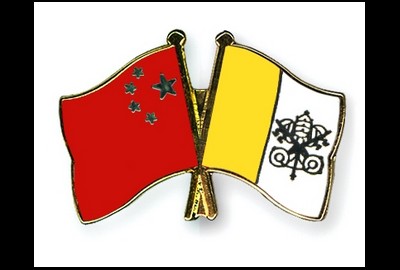http://sundayex.catholic.org.hk/node/3362

|
The communion of the Church in China with the universal Church
|
John Cardinal Tong • Bishop of Hong Kong • 31 July 2016
• What does it mean by communion between the local Churches and the universal Church?
• On what criteria should the bishops in the local Churches of mainland China be appointed?
The significance of Sino-Vatican negotiations
Communion between the Church in China and the universal Church
The expression and practice of communion between the Church in China and the universal Church
The above principles are applicable to the way the Holy See deals with the Catholic Church in China.
§1. The Supreme Pontiff freely appoints bishops or confirms those legitimately elected.
On the
bishops’
conference in China
A local bishops’ conference has the right to recommend episcopal candidates to the Apostolic See.
We hope these good wishes for the Church in China will soon be realised.
UCAN news – reporting the above article
The communion of the Church in China with the universal Church











































